DGA viewpoint: Healthcare and data │Universal Declaration of Human Rights
HEALTHCARE is well-worth a focus when discussing data generally as many of the issues that sector faces apply equally throughout the economy.
According to CISRO’s recently released Future of Health report ‘Behavioural change is needed by all healthcare stakeholders to ensure the growing volume of personal health data is securely shared, collated, analysed, interpreted, and paired with action for improved health and wellbeing’.
‘Unlocking the value of digitised data in the health sector will involve tackling issues that are present in many Australian sectors and so could involve collaborations for efficient solution development.’ Some of these issues include ‘community levels of digital skills and literacy, trust in data sharing, and effective cybersecurity measures’.
As in other sectors, the Report notes a key challenge being ‘trust in data sharing, digital and health literacy, data ownership, system interoperability, and Australia’s current digital infrastructure’.
Research suggest that 61% of customers would stop using a business product or service if a cyber-attack resulted in a known security breach. View more. As a successfully deployed cyber-attack on one organisation has a high chance of being successful for multiple organisations, there is benefit in sharing threat information and working with industry peers and government to understand the most appropriate methods to mitigate threats.
This approach is already utilised in the global financial services and banking sectors through communities such as the Financial Services Information Sharing and Analysis Center.
Breaches of personal data in any sector can quickly sour consumers’ trust in other sectors – and, similarly, within sectors, breaches in one organisation can adversely impact that entire sector.
Which means that collaboration on leading data practices is essential, as is a co-ordinated industry voice on appropriate regulation – whether it is mandated or self-regulatory; a function that Data Governance Australia performs for its members as an impartial not-for-profit industry association.
Which brings me to the Universal Declaration of Human Rights which turned 70 this month (10 December)!
Article 1 states: ‘All human beings are born free and equal in DIGNITY and rights. They are endowed with reason and conscience and should act towards one another in a spirit of brotherhood.’
And Article 12 states: ‘No one shall be subjected to arbitrary interference with his PRIVACY, family, home or correspondence, nor to attacks upon his honour and reputation. Everyone has the right to the protection of the law against such interference or attacks.’
I capped the words dignity and privacy. In 1948, I’m sure no thought was given to the possible interference with one’s dignity and privacy that a digital world could deliver with one’s data being so easily collected, stored, managed and used for so many purposes…
‘Consider that when the Universal Declaration of Human Rights was adopted in 1948, there were around 10 million telephone lines in the world whereas today there are more than 8.3 billion mobile connections (including “machine to machine” connections) and almost 5.1 billion unique mobile users.
The emerging Internet of Things is expected to connect around 30 billion objects by 2020, while research group IDC estimates that the world creates 16 zettabytes (that’s 16 trillion gigabytes) of data a year today, and will increase ten-fold by 2025.
By any measure, the nature, scale, and complexity of the challenges companies face to respect the human right to privacy is growing substantially. They are also impacting all industries—there is not a single company in the world today untouched by the privacy challenge.’ See more
Later agreements re-enforced these rights, such as the International Covenant on Civil and Political Rights entered into force on 23 March 1976, in which Article 17 states:
- No one shall be subjected to arbitrary or unlawful interference with his privacy, family, home or correspondence, nor to unlawful attacks on his honour and reputation.
- Everyone has the right to the protection of the law against such interference or attacks.
